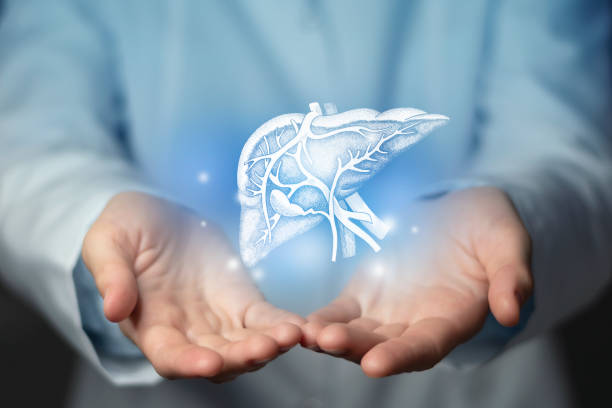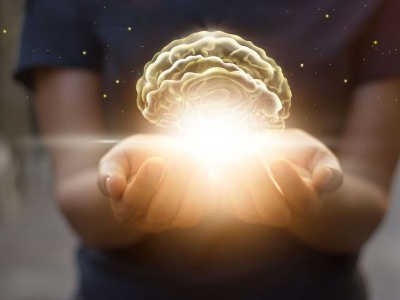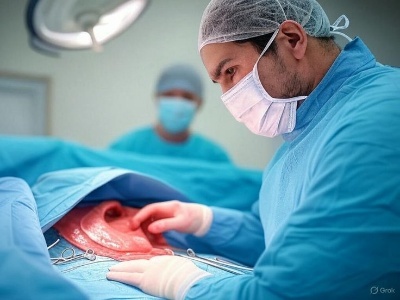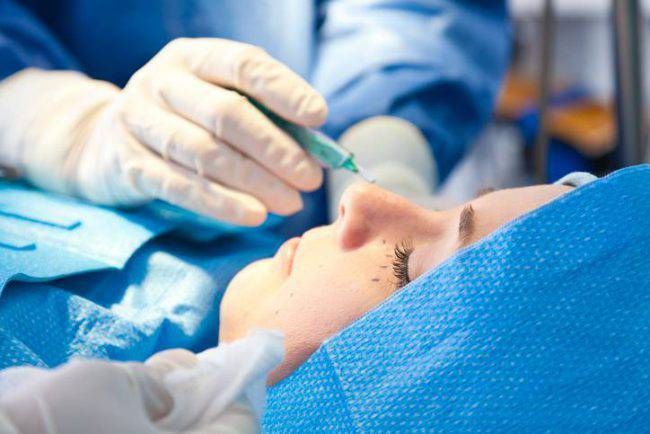
We are committed to delivering excellence in the healthcare industry and creating a world of healthy living by offering a range of specializations.
Our Commitment
We aim to bring happiness to our patient's faces and satisfaction in their hearts and to achieve that, we do our best.
Why Choose Us?
The best reason to choose us is the standard we have set; from finding doctors to going to the hospital and staying, you will see the effort.
Our Doctor
We choose well-qualified doctors with years of experience and good results in the area you are looking for treatment.

Fill Out Our Medical Application
To avail yourself of our world-class services, fill out our medical application stating your problem, the treatment you are seeking, or additional information. We will immediately give attention to your case.

Review Your Family Medical History
As part of our process, we gather essential details, including your family medical history. This helps us present a comprehensive case to doctors, ensuring you receive the most suitable treatment.

Choose the Right Care Program
We offer a variety of care programs tailored to different medical needs and budgets. This flexibility allows you to select the option that best aligns with your requirements.

Connect with Highly Qualified Doctors
We never compromise our client's health. Through our vast network, we connect you only with top-tier, highly qualified doctors to provide the best possible treatment.
© COPYRIGHT 2025. ALL RIGHTS RESERVED.




















 Contact Us
Contact Us
